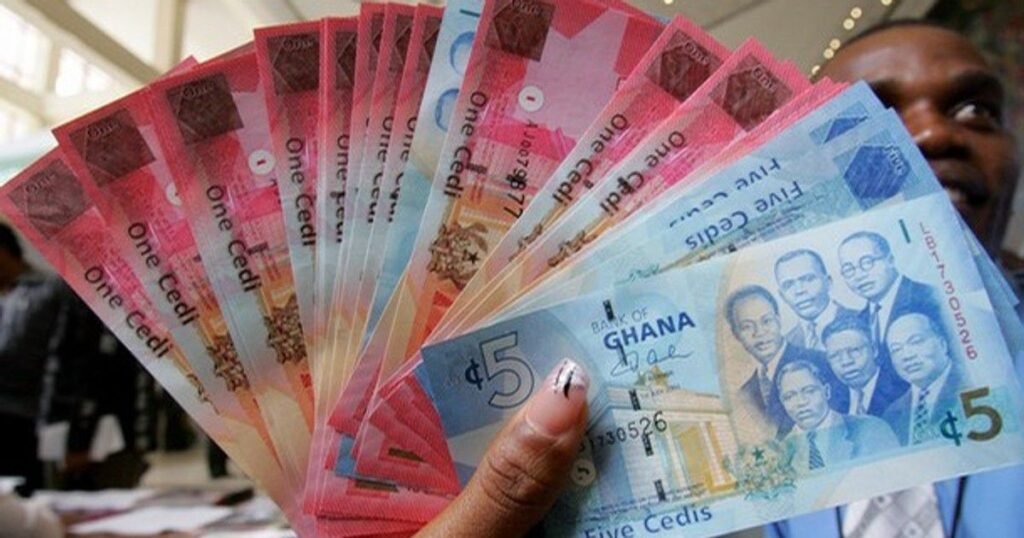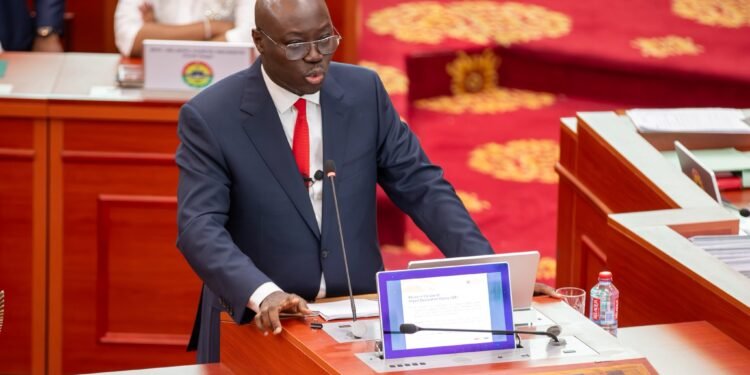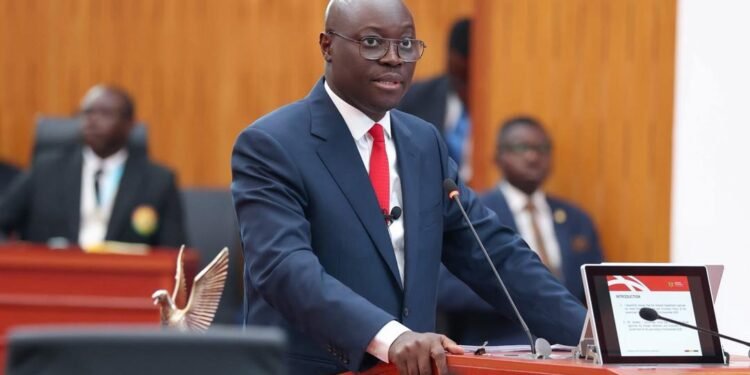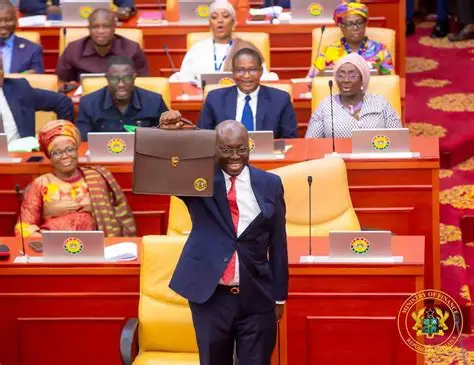The International Monetary Fund (IMF) has applauded Ghana for the momentous economic recovery achieved and called for further strengthening of the Ghanaian Cedi to keep the inflation level managed.
According to Dr. Adrian Alter, IMF Resident Representative to Ghana, Ghana has made significant gains under the program, and key indicators of the economy, such as inflation, debt levels, and external balances, have improved.
He was appointed as Ghana’s new resident representative in September 2025 after Dr. Leandro Medina, whose 3-year tenure ended in August 2025. Dr. Alter, an Economist, will see to the conclusion of the IMF program with Ghana.
Continuing from his predecessor, Dr. Alter recounted the success of the program so far and the achievement of a single-digit inflation of 9.4% in September.
“From the onset, Ghana has made notable progress in economic recovery. If you look at the key economic indicators, inflation has eased from 54% to 9.4% in September 2025, and that’s the first time we have single-digit inflation in the past four years.”
Dr. Adrian Alter, IMF Resident Representative to Ghana
“Ghana’s international reserves now cover between three and four months of imports,” he said. He then labelled it as “an important and clear positive sign” of macroeconomic stability and resilience building.
Stability Needs to Be Reflected in Daily Living
According to him, businesses and individuals have yet to feel the full impact of the economic stability gained in the larger economy.
The full impact on the ground will take time to be felt. The more reason why the economic progress must be sustained to reach the point of impact.

“The full benefits of stabilization are still to be seen by the population and by the businesses on the ground. It takes time for these effects to trickle down.”
Dr. Adrian Alter, IMF Resident Representative to Ghana
He reiterated that, amid the low inflation and stable Cedi, import prices are still expected to reduce. The government is expected to increase the purchasing power of the populace as a sign of relief from the immediate past economic stress.
“If inflation comes down, prices will stabilize. If the currency appreciates or stabilizes, imported goods will become cheaper. What it needs now is basically income to catch up, and the purchasing power of the people will rebound.”
Dr. Adrian Alter, IMF Resident Representative to Ghana
The Cedi’s Impact on Inflation
Dr. Adrian Alter credited the single-digit inflation achievement to the stability of the Ghana Cedi in the first 10 months of 2025, which has corrected the sharp depreciation seen in 2024, where prices of goods and services worsened.
The Ghana Cedi appreciated by 37% in October 2025 and continues its upward climb against the US dollar. This has improved investor and economic stakeholders’ confidence in the economy, and tightened monetary management.

The IMF repeated its confidence in the local currency’s pivotal role in the restored year-on-year headline inflation currently recorded. This, the Fund said, is exposed by the modest appreciation in the exchange rate after its decline in the previous year. The inflation rate has indeed been shaped by the exchange management
Dr. Adrian Alter explained that “exchange rate movements have been a major determinant of inflation trends across Africa, including Ghana.”
“In general, in Africa, what we [IMF] have seen is that the exchange rate plays an important role in determining inflation. In 2022, you [Africa] had a steady depreciation, maybe 50 to 100% per year, and that basically translates to about 20% pass-through to inflation. So, if you [Africa] have 100% depreciation, you [Africa] will have 20% inflation only from the imported goods.”
Dr. Adrian Alter, IMF Resident Representative to Ghana
He again mentioned that the economic challenges of 2024 were also caused by drought-driven food shortages, which pushed prices upward.
For the first 8 months of 2025, the World Bank ranked the Ghana Cedi as the best-performing currency in Sub-Saharan Africa. This reflected the government’s sustained fiscal discipline and foreign exchange reforms, he said.
Dr. Alter noted that the Ghana Cedi’s stability, fiscal discipline, and tight monetary policy stance anchored expectations and confidence, leading to the sustained macroeconomic recovery this year.
He urged the government to be consistent and intentional about the management of the economy. Just like many experts have been calling, Dr. Alter mentioned that institutions, such as the Bank of Ghana and the Ministry of Finance, responsible for economic management, should work together to ensure full restoration of the economy and its impact felt by the people of Ghana.
READ ALSO: Fuel Prices Drop Across Ghana as OMCs Implement Major Reductions























